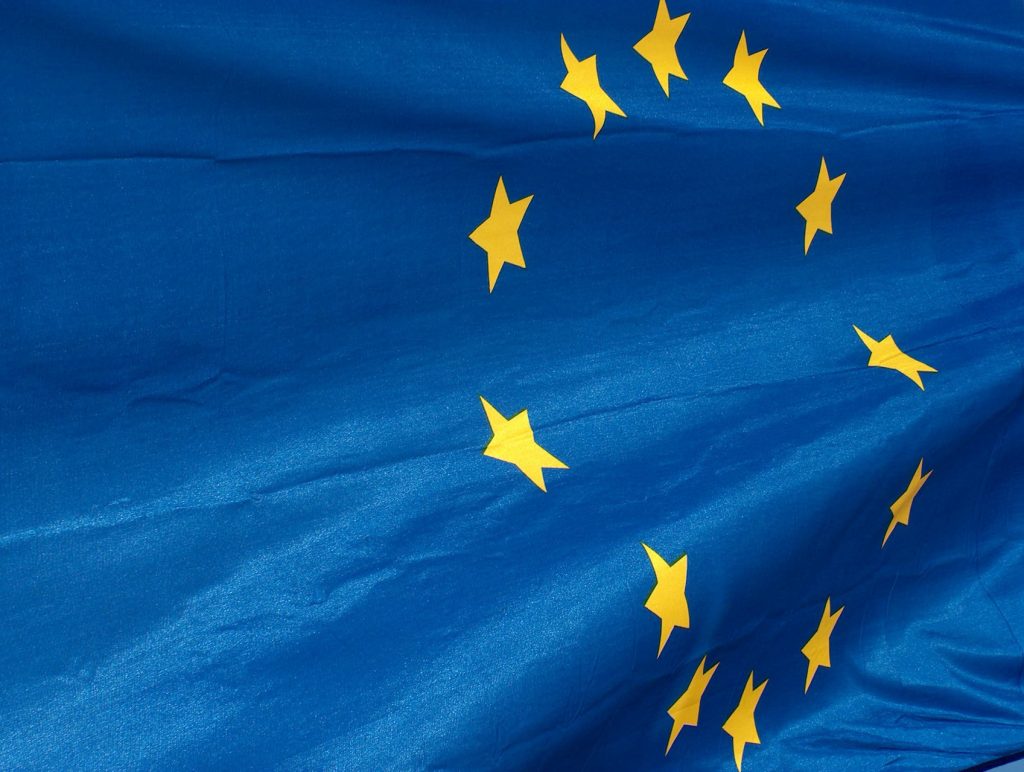Leave or Remain? Which will be better for your business?
The British Chamber of Commerce (BCC) has recently reported that the UK is one of the world’s most open economies with the combined value of exports and imports equal to 60% of GDP.
EU states, it says, collectively receive 45% of what the UK exports overseas by value, and account for 53% of imports into the UK.
Yet, with the EU referendum less than a month away, many business owners are still undecided as to how to use their vote and what a Leave or Remain outcome might mean for their business.
In fact, during recent focus groups organised by the British Chambers country-wide, the majority of business owners cited the UK’s trading future with the EU as a key issue for this referendum.
However, many lacked clarity as to what impact a Leave or Remain outcome would have on future trade with EU member states.
According to the BCC, some businesses are concerned about the EU referendum from an export perspective, while imports, cross-border investment and supply chains were core concerns for others. Regulatory burdens and competition also came up during focus groups as being significant issues.
No doubt, if you own your own business you’ll want to make your vote count. With that in mind we’ve compiled a concise overview of the Leave and Remain arguments pertinent to UK trade.
First up, let’s look at the Leave and Remain arguments relating to trade with European Union member states, as published on the BCC website:
| What the Leave campaign says: | What the Remain campaign says: |
| “Outside of the EU we will continue to trade with other EU members and enjoy tariff-free access to the Single Market. We will no longer be subject to the supremacy of EU law or the jurisdiction of the European Court. There is a European free trade zone from Iceland to Turkey which the UK will be part of. The UK is the EU’s largest single export market – this means it is in the EU’s interests to strike a free trade deal as soon as possible.
We will negotiate a new UK-EU deal based on free trade and friendly cooperation. It will borrow some of what is in other deals but adapting things to suit us and our European friends. Switzerland trades more with Europe than we do but they don’t think they need to be in the EU to do so. The deal with Canada shows we can have a comprehensive free trade agreement covering goods and services without accepting the supremacy of EU law, the free movement of persons or paying billions to Brussels each year. Our deal will be even better.” |
“Remaining in the EU will mean continuing our unfettered access to the 500-million person single market in both goods and services. Being in the single market is the best possible trading arrangement on offer to the UK, with full market access, influence over regulations and zero tariffs. There is no free trade agreement that can replicate these benefits.
Within the EU, businesses will also be able to continue benefiting from the free trade agreements the EU has reached with countries around the world, with deals already in place with over 50 countries, and more to come, like the U.S. or Japan. This will boost GDP and open up global markets, therefore increasing trade opportunities. By working together with other European countries we ensure we have as much weight in negotiations as possible, so we can keep on reaching deals that work for British businesses.” |
How about work and pay? How might working conditions and pay rates be affected by a Leave or Remain outcome?
BBC News recently reported that unemployment is over 10% in the EU, almost double the rate in the UK, but while some workers’ rights are guaranteed by EU laws, tax rates, benefits and the minimum wage are down to UK government decisions.
BBC News distilled the two sides of the arguments as follows:
| What the Leave campaign says: | What the Remain campaign says: |
| Less regulation in the workplace would create more jobs | Three million jobs in the UK are linked to trade with the EU |
| Maternity leave and holiday pay would only change if Britain decided to change them | The EU has delivered guaranteed holiday pay, paid maternity leave, and increased protection in the workplace |
| The UK could get more investment from countries outside the EU | The UK gets £66m investment every day from the EU |
| Lower migration would push wages up |
Regulatory burdens and competition also figured as key issues for business owners during the recent Chambers’ focus groups.
Currently the UK has to apply EU directives, and EU regulations are binding across all member states.
It is the European Commission that proposes most EU laws, but these must then be agreed by national governments and the European Parliament. EU laws are enforced by the European Court of Justice.
What then, do the Leave and Remain campaigns have to say about sovereignty and law?
| What the Leave campaign says: | What the Remain campaign says: |
| Most UK laws are made in Brussels | Only a minority of UK laws derive from the EU |
|
Other member states can force through decisions against the UK’s wishes |
Britain retains a veto in many important areas |
|
The British government has been repeatedly defeated in cases brought to the European Court of Justice |
Cameron’s EU deal allows national parliaments to block legislation |
|
Leaving the EU is the only way to regain full sovereignty |
Some sharing of sovereignty is crucial to enable fair trade across Europe |
Clearly contradictions abound, but if we’ve whetted your appetite and you want to dig deeper to establish a comprehensive view on what a Leave or Remain outcome could mean for your business, more information can be accessed on the official campaign websites:
And please don’t hesitate to contact us at Goldstein Legal if you have legal concerns about current business operations within the EU.
Good luck on June 23!





